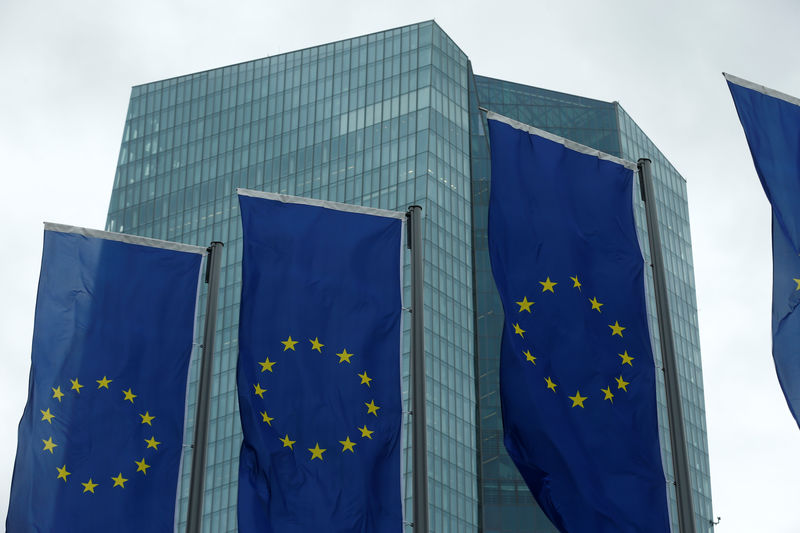Investing.com — President-elect Donald Trump has already signaled that trade tariffs are likely to form part of his political agenda, but against concerns that a tit-for-tat U.S.-EU trade spat could threaten a fresh wave of inflation, Citi argues that tariffs may prove deflationary in the Eurozone at a time when the economy is in the doldrums.
“Even if the EU retaliates like-for-like with reciprocal tariffs, the HICP impact is likely negligible,” Citi economists said in a recent note.
Imports from the U.S. make up just over 10% of euro area goods imports, a quarter of which is energy but this is unlikely to be taxed, the economists said. With consumption goods accounting for just about 6% of total imported U.S. goods in the Eurozone, the import price-to-HICP passthrough is “usually low,” they added.
The potential of a 10% blanket US tariff on EU goods and additional measures against China, the biggest source of EU imports, is likely to further weigh on Eurozone economic growth at a time when the single economy is already facing an uphill task to revive growth, the economists said after downgrading Eurozone GDP growth by 0.3%.
“This shock to the already-struggling European manufacturing sector could weigh on employment and wages in the tradeable sector and beyond,” the economists added.
On the export front, meanwhile, tariffs are likely to hurt US and Chinese demand for Eurozone exports, Citi said, though added that they have previously benefited from trade diversion as US reliance on China has collapsed.
A quick look at the impact of tariffs from the prior Trump administration offers clues about the road ahead for the Eurozone. The most significant consequence for Europe from Trump’s previous trade disputes has likely been the surge in Chinese import penetration, which has had “likely sizable disinflationary implications,” the economists said.

